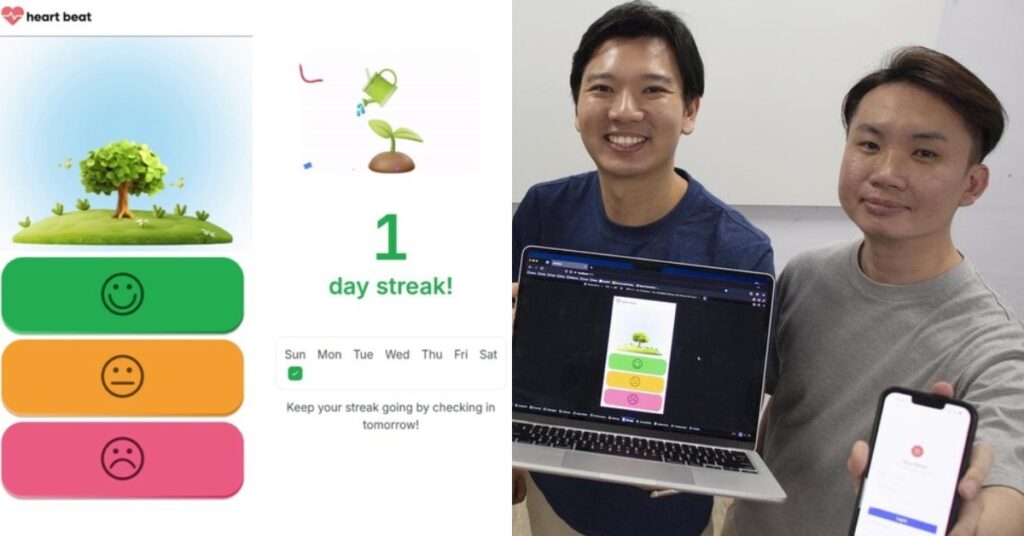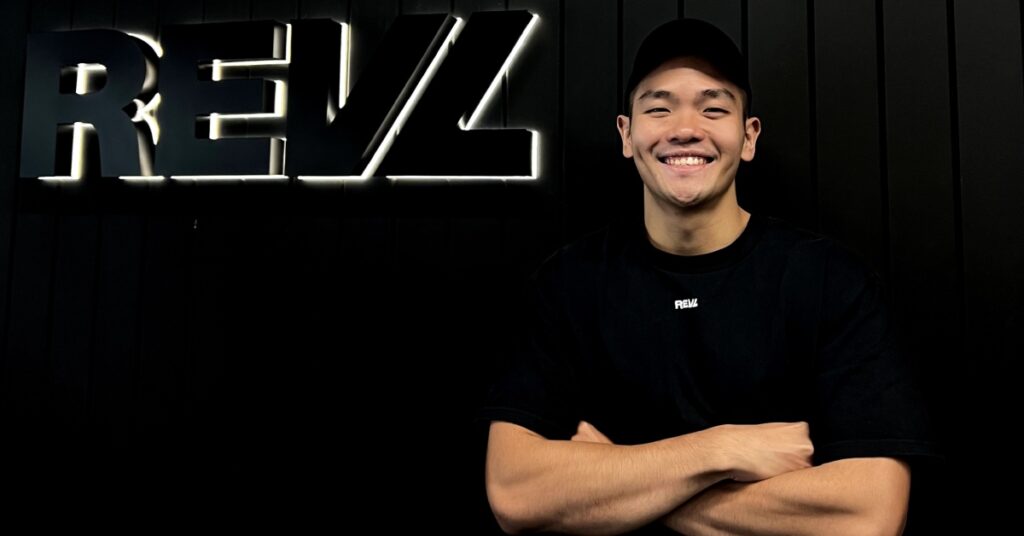Slow employment growth within Singapore is making headlines today. Companies are doing away with unproductive workforce and minimizing new employee headcounts. However, there is a large pool of job seekers out there looking for new opportunities or planning to make their next career move.
This situation however leaves no dearth of opportunities for Singaporean professionals. While that’s the case, not many get selected for the job role post the interview. What is it that they do wrong to not get noticed or selected for the job role?
Here are the 10 don’ts in an interview:
-
Never ever go unprepared
There is no way you can go to an interview unprepared. You should be very clear on the role you are applying for, what does the role require you to perform and also the very basic information you can get your hands on regarding the company you are trying to get into.
Of course, always get a friend to help practice with you on the possible questions they might ask and prepare your answers in advance. It might not turn out what you predicted but at least, you will know the key points of what you want to say.
-
Dress right to make a good first impression
Going for a professional job position? You don’t want the employer to notice you in T-shirt and jeans or even smart casuals. Dress for the job and it is always advisable not to overdo, but instead, dress for the position you aspire to be in some years down the road.
For men, stick with formal wears and always look presentable and smart. For all the ladies out there, do not put on too much dab and sport party heels, keep it elegant and simply stylish.
Of course, if you are seeking a position in the creative or retail industry, dull boring office wear is a strict No-No. All in all, dress appropriately as the industry and position deems fit.

-
Timing is key
Arriving late for the interview or even just on time is a no-no. Reaching 15-minutes prior to the actual interview meeting would be advisable. Those 15 minutes can be used on filling up the necessary application form or giving yourself a little more time to practice through what you have prepared, mentally.
This shows you are conscious with your time management and reliable to get tasks accomplished on time.
-
Only Sit When Asked
How would you feel if the person you are meeting arrives and when being ushered to the meeting room, he or she sits down immediately? Bad.
Always greet the interviewer politely with a firm hand shake and wait to be invited to sit.
-
Body Language
Whatever you are doing or portraying, the interviewer(s) are taking mental notes in their mind. Are you slouching while the interview is going on? Are your hands folded across? These send little notes to the interviewer throughout the interview, that you might not be keen or being defensive in your approaches.
Always sit up straight, lean a little forward with hands relaxed on the sides or laid comfortable on your lap. Look at your interviewer, make eye-contact and speak with confidence.

-
No trash please.
When the interviewer asks you to tell them about yourself, you wouldn’t want to be chit-chatting about your personal life or hobbies. Another common mistake is that many candidates mistake skills with strengths – when the interviewer is trying to find out what your skills are but you are telling them about your strengths instead.
Be focused. Answer their questions appropriately and do not stray off to another area that has no connection to the question they are asking. Sometimes, people tend to ramble off about the whatnots. Practice, practice and more practice.
-
Arrogance
No matter how good you are in what you do, there is always room for improvement, mountains of knowledge and new experiences to gather. Be humble about yourself yet say just that right amount to let your future employers know that, you are the one they are looking for.
-
Badmouthing
“Why do you want to leave your current job?” or “Why did you leave your previous job?”
Perhaps in your mind, you are thinking the countless things that you hate about your current or previous job. It could be the management style, your work scope or even colleagues.
However, you should never badmouth any of your past employers. Think about the work experience and learning you have achieved in your current or previous job, how much you have learnt from your peers and superiors. How much you have grown with your current or previous company.
So, Why Leave?
Well, although your job has given you potential to learn and gain new exposures and perhaps you were looking at more challenging opportunities to scale new heights in your career, which the prior job wasn’t able to provide.
-
Money Matters
Will you work for the money or for the passion? I must say, both perhaps. But money matters in itself can never be discussed unless it is brought up by the interviewer first.
You would have stated your current salary and expected salary in the resume sent across to them but although that is your expected salary you wish to have, it might not be something the company could offer or even, justifiable for the job you are applying for.
Thus, before going for the interview, you should have asked yourself the question beforehand. If I like the job scope and the company, will I be willing to take a lower than my expected salary package?
In any case, keep the money matters impending until the employer finally declares and states the final job offer. You can negotiate then if necessary.
-
‘There are no questions I want to ask’
At the end of the interview, the last question most interviewers ask is, “Are there any questions you have for me?”
The worst you could do is to tell them you have nothing to ask at all. How can that be possible? Don’t you want to seek more in-depth information about the company functions, more information about the job role and how you be the best cultural fit? A lot more questions should definitely be on your mind. Take it as an opportunity to know about the team, the job role and company insights.
Employers want their future employees to be interested in them, in the job position they want to hire for.
In conclusion
That’s all folks! I think these tips should help kick-start your career on a positive note in 2016 and beyond.
This article is contributed by Dave Chew, team manager at TBC HR Consulting. You can also submit your guest post here.










